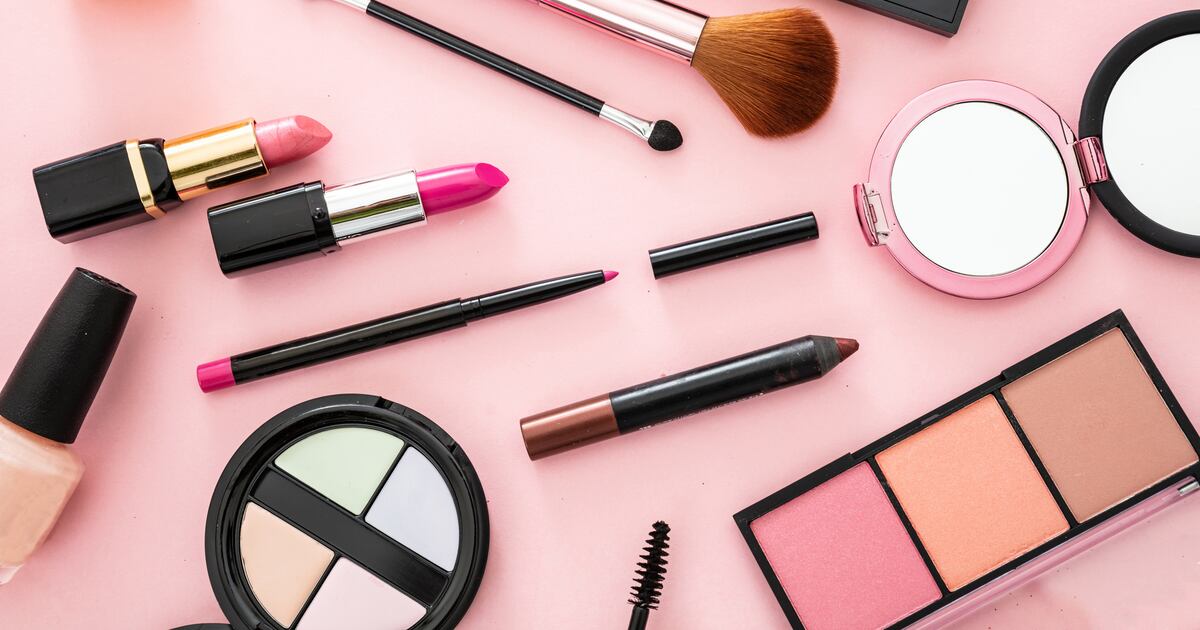
On Jan. 17, 2025, the Supreme Court upheld the Protecting Americans from Foreign Adversary Controlled Applications Act, which prohibits TikTok’s operation in the United States unless its Chinese parent company, ByteDance Ltd., divests ownership.
The ruling centers on national security concerns and has significant implications for businesses, including cosmetics and personal care manufacturers, many of which have used TikTok extensively for marketing and consumer engagement.
The Supreme Court’s decision
The Supreme Court cited the potential national security risks associated with TikTok’s data collection practices and ownership structure. The Court’s opinion stated, “Access to such detailed information about U.S. users, the Government worries, may enable ‘China to track the locations of Federal employees and contractors, build dossiers of personal information for blackmail and conduct corporate espionage.’”
TikTok collects extensive user data, including phone numbers, precise locations, behavioral data and internet activity. ByteDance Ltd., TikTok’s parent company, is subject to Chinese laws requiring cooperation with intelligence operations.
To address these concerns, the Court concluded that the Act was narrowly tailored, adding, “Congress has determined that divestiture is necessary to address its well-supported national security concerns regarding TikTok’s data collection practices and relationship with a foreign adversary.”
TikTok’s role in beauty marketing
Since its launch in 2017, TikTok has been a dominant platform for reaching Gen Z and millennial consumers, driving trends and engagement through short-form video content. Many cosmetics and personal care brands have successfully used TikTok to create viral campaigns and foster consumer loyalty.
We spoke to Caner Daywood, director of content strategy at Buttermilk, an agency for social media creators, who commented on the ruling’s impact: “Whilst TikTok has become a powerhouse for engaging younger audiences […], it’s important to remember the value of platforms like Instagram and YouTube.”
He added that diversifying social media strategies is crucial, pointing to Instagram Reels and YouTube Shorts as viable alternatives.
Weekend developments and Trump’s comments
TikTok briefly went dark over the weekend as service providers hesitated to support the platform, citing legal uncertainties. TikTok criticized the Biden Administration for failing to provide assurances to its service providers, stating:
“The statements issued today by both the Biden White House and the Department of Justice have failed to provide the necessary clarity and assurance to the service providers that are integral to maintaining TikTok’s availability to over 170 million Americans.”
Former President Donald Trump, posting on Truth Social on Jan. 20, weighed in on the issue.
“I’m asking companies not to let TikTok stay dark! I will issue an executive order on Monday to extend the period of time before the law’s prohibitions take effect, so that we can make a deal to protect our national security,” he posted. “The order will also confirm that there will be no liability for any company that helped keep TikTok from going dark before my order.”
Trump also proposed a joint venture between TikTok’s current or new owners and the U.S. government, suggesting that the United States hold a 50% ownership stake. He added, “By doing this, we save TikTok, keep it in good hands and allow it to stay up. Without U.S. approval, there is no TikTok. With our approval, it is worth hundreds of billions of dollars—maybe trillions.”
Preparing for disruption
The cosmetics and personal care industries, which have benefited significantly from TikTok’s reach, now face the challenge of adapting to the platform’s uncertain future. Diversification of digital marketing efforts has become critical.
“Platforms like Instagram and YouTube continue to be indispensable for storytelling, product education and community-building,” Daywood explained.
Additionally, brands may explore alternatives such as email, SMS and community-driven apps as part of a broader strategy to maintain consumer connections. The weekend’s developments underscore the importance of flexibility and the need to monitor evolving regulations closely.
Broader implications for social media
The TikTok ban reflects wider challenges at the intersection of social media, consumer behavior and geopolitics. The Supreme Court highlighted the complexities of applying legal frameworks to emerging technologies, stating, “This challenging new context counsels caution on our part […] we should take care not to ‘embarrass the future.’”
As negotiations and regulatory developments continue, companies in the cosmetics and personal care product sectors should remain proactive in adapting to the dynamic landscape of social media and ensuring compliance with evolving policies.

